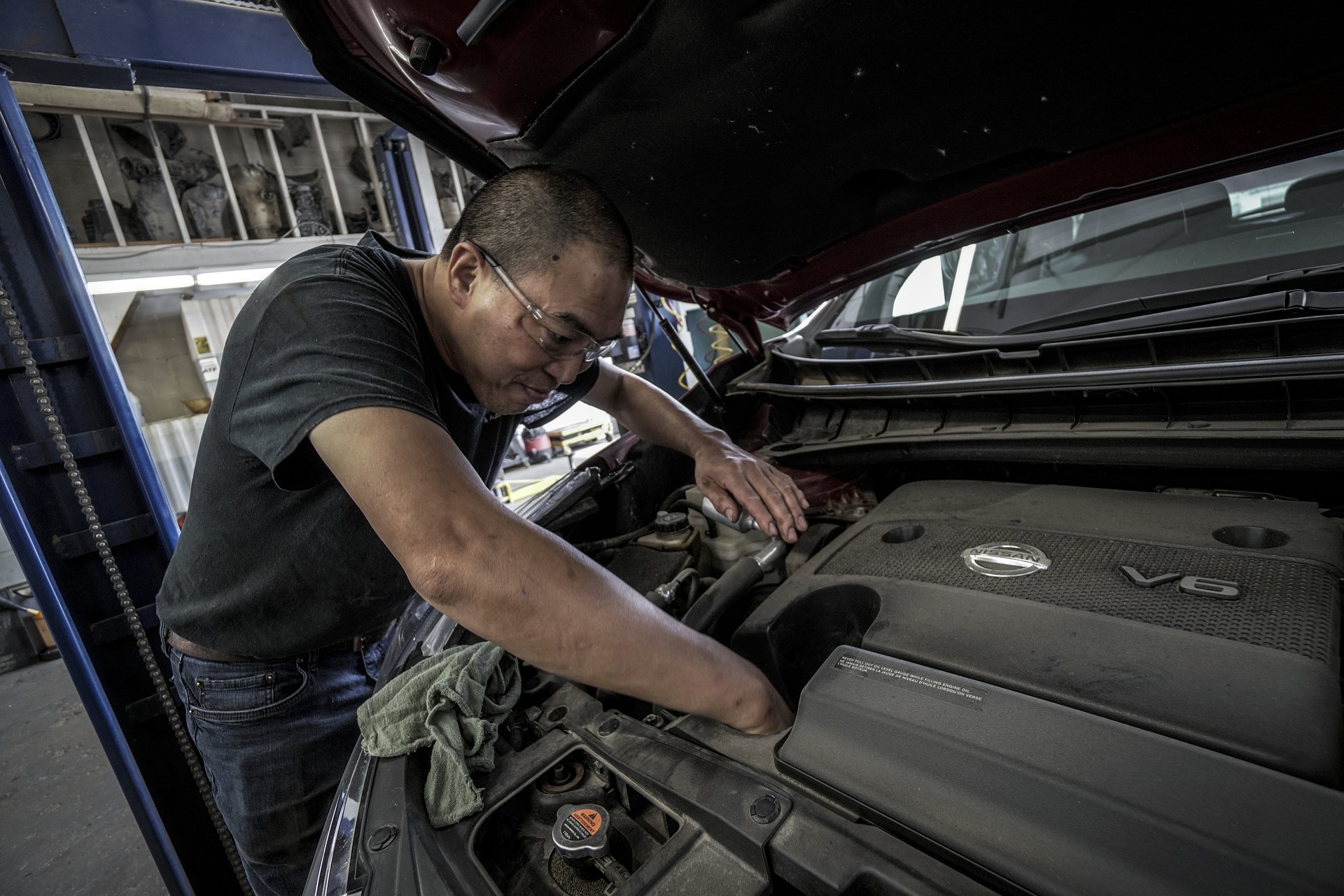
Your Chevy’s alternator produces the electrical power that runs the various components in your car. The power that’s generated is also used to recharge your car’s battery. The alternator can, however, suffer damage or failure. If the alternator fails, your car will lose its power generator, and the battery will fail soon afterward. If you need an alternator repair, your Chevy dealer can help you.
Damaged Wiring
The electrically generated by your alternator has to be transported to your car’s devices, and this requires a network of wiring. Wires and cables travel from the alternator to all of your car’s systems. These wires have plastic and rubber coatings to protect them against the harsh environment in your engine. Wiring can, however, still suffer damage.
If the wiring to a component is damaged, that component will fail, although your alternator will continue to try and supply power to the component. As more power is transmitted through the damaged wiring, the wiring will heat up, and the plastic covering can burn. Our technicians can repair and replace the damaged wiring.
Hot Metal Smell
As your alternator gets older, it wears down and becomes less capable of producing power. The reduced power from the alternator causes a problem, as your car’s systems have a steady demand for electricity. To try and compensate for the reduced power, your alternator will work harder. It does this by speeding up the work of the stator. The stator in your alternator is a collection of magnets bound in copper wiring that produces electricity as it spins.
The stator will spin faster than it should to try and produce more electricity, but as it does so it will heat up. The alternator bearings and other components will heat up too, and produce a hot metal smell. If your alternator is overheating, it’s on the way to failure, and we can replace it.
Starting Difficulties
When you turn the key, your battery sends an electrical charge to the starter solenoid. This electrical charge uses a large amount of battery power. The battery power used will, under normal circumstances, be replenished as soon as your alternator kicks in. If your engine doesn’t immediately start, but you hear the sound of your engine trying to crank, there’s an electrical system problem.
The problem causing the slow cranking could be a battery fault or an alternator fault. If your battery is weak due to age or damage, it may not be able to provide the power to start the engine. A damaged alternator, on the other hand, could be failing to recharge your battery. The lack of recharging will make it difficult for your battery to summon enough power to start your engine immediately.
If your alternator is wearing out, it will always give signs that something is wrong. If you’re worried about your alternator or would like to get it tested, call our service department at James Martin Chevrolet Detroit.
Image via Pixabay




